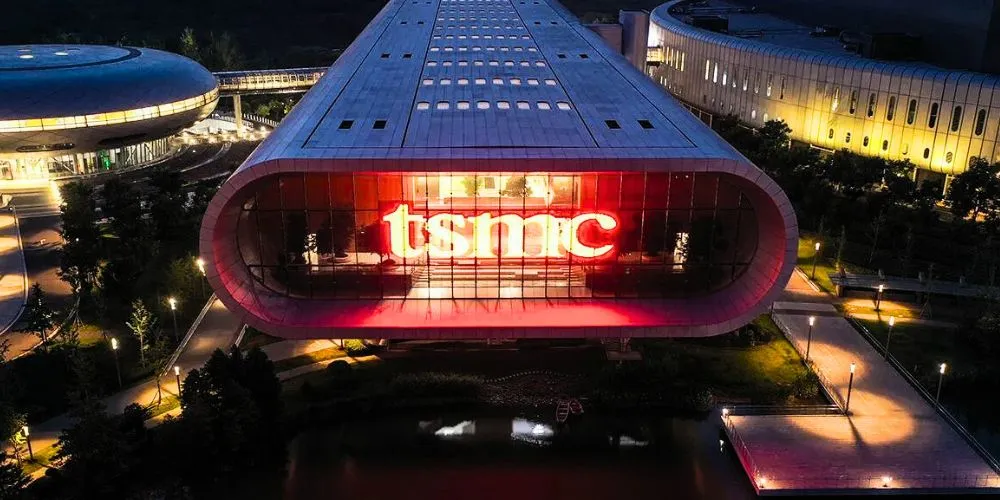Key Points
- Taiwan’s TSMC will halt production of advanced AI chips for Chinese companies, targeting 7nm and smaller nodes.
- The U.S. seeks to restrict China’s access to high-performance GPUs to limit AI development and potential security risks.
- GlobalFoundries faced a $500,000 fine for unauthorized chip sales to SMIC, emphasizing the U.S.’s strict enforcement.
- The U.S. Commerce Department is investigating how TSMC chips ended up in Huawei products, marking growing tech-related tensions.
Taiwan Semiconductor Manufacturing Co. (TSMC) has informed Chinese chip design firms that it will suspend production of advanced AI chips following new U.S. restrictions to limit China’s access to high-tech components. The Financial Times reported that TSMC will no longer manufacture chips at advanced process nodes of 7 nanometers or smaller for Chinese clients, impacting companies reliant on TSMC’s technology for high-performance AI applications.
The decision aligns with a series of U.S. measures intended to curb China’s AI and tech capabilities, which Washington views as potential threats to national security. Advanced AI chips, particularly those that enable powerful GPU computing, have raised concerns in the U.S. due to their potential applications in cyber warfare and bioweapon development. As a result, the U.S. has tightened export controls to restrict China’s access to these chips, affecting both American and foreign semiconductor manufacturers.
Earlier this month, the U.S. imposed a $500,000 fine on GlobalFoundries, a New York-based semiconductor company, after it was discovered that the company had shipped restricted chips to a subsidiary of SMIC, a Chinese firm on the U.S. entity list. The penalty underscores Washington’s commitment to enforcing strict export controls on semiconductors, particularly those involving AI applications.
For TSMC, future orders for advanced AI chips from Chinese clients are expected to undergo a detailed approval process, likely involving U.S. authorities. This new procedure would add an additional layer of oversight, potentially slowing down or halting the production and supply chain for certain Chinese tech firms.
These restrictions come amid heightened U.S.-China tensions, particularly in the tech sector. Recently, the U.S. Department of Commerce began investigating how an advanced chip produced by TSMC ended up in a product from Huawei, a Chinese telecom giant subject to stringent U.S. sanctions.
With the current trajectory, the U.S. may impose further restrictions on Chinese tech access to advanced semiconductors, aiming to limit China’s ability to develop competitive AI technologies. Meanwhile, the semiconductor industry faces increasing pressure to navigate complex export rules, which could reshape global supply chains and influence future tech innovation.




